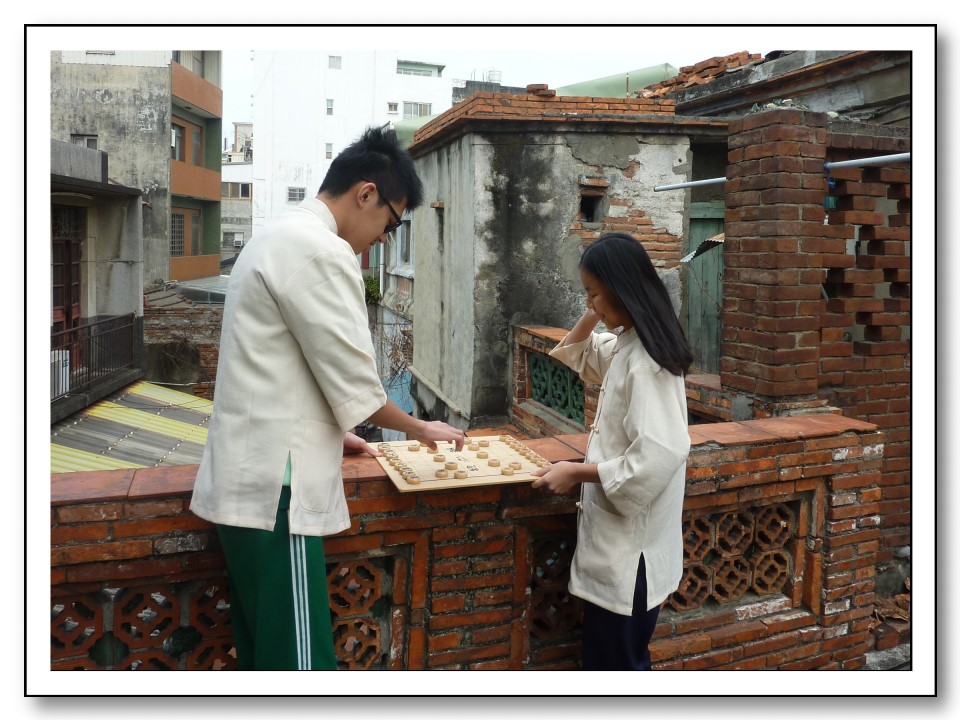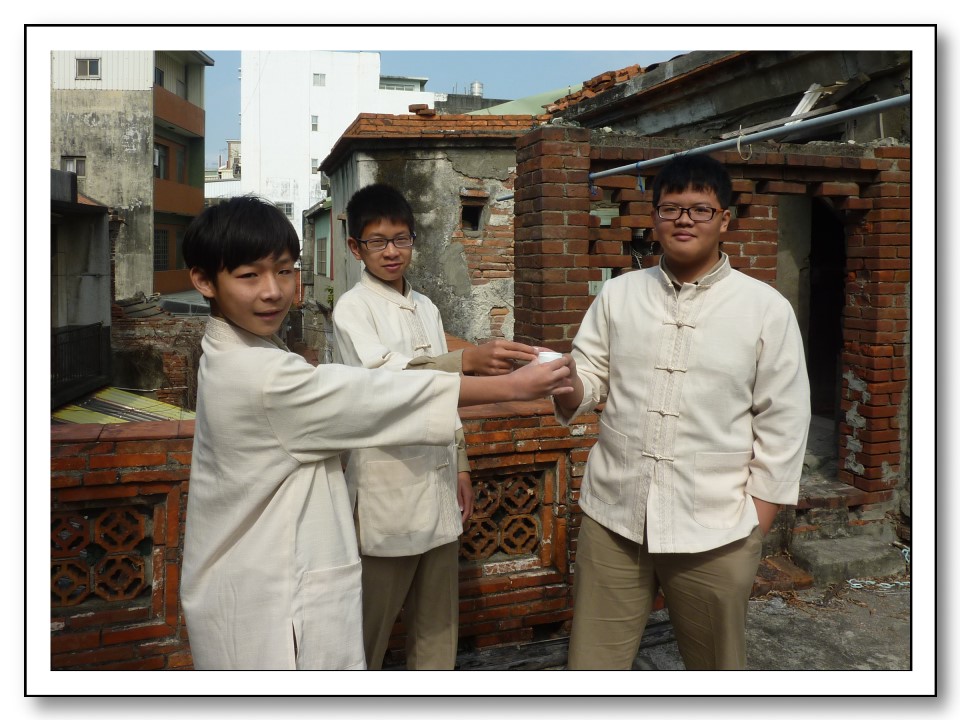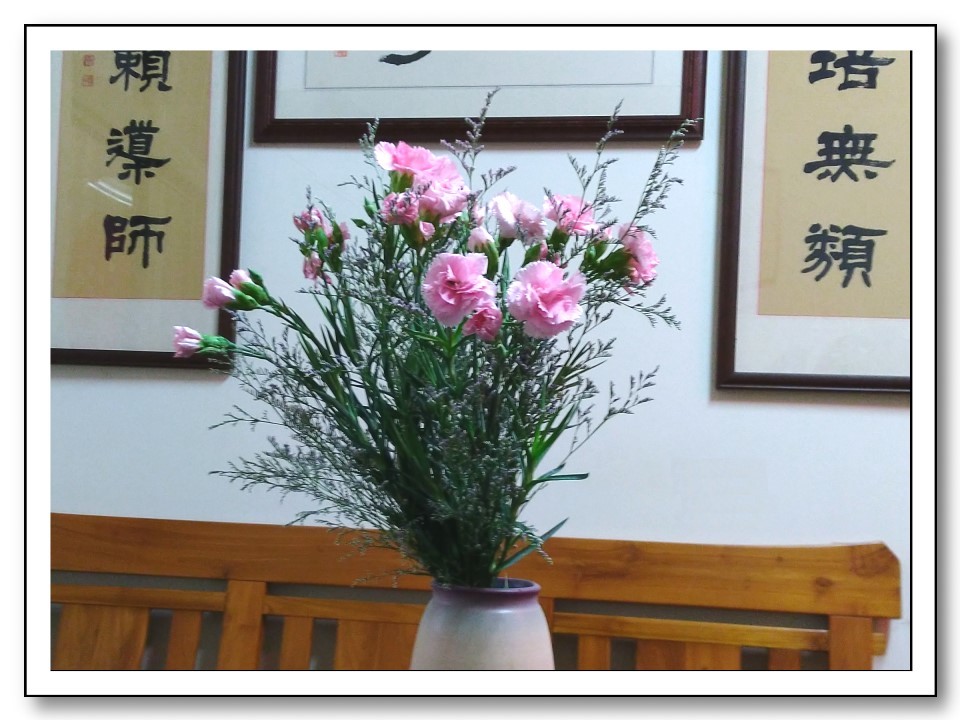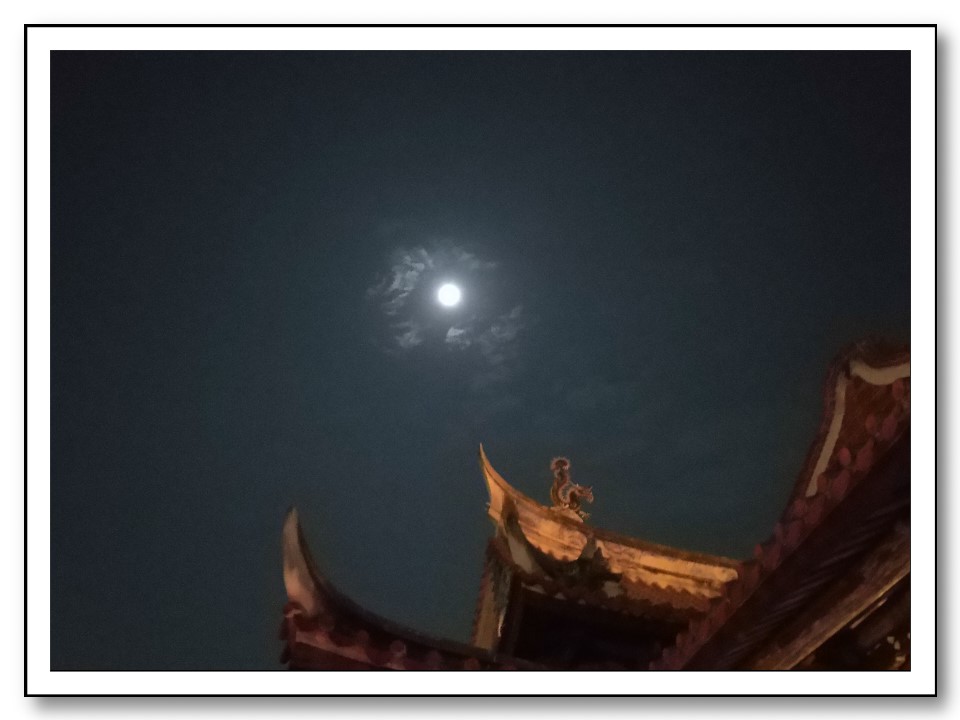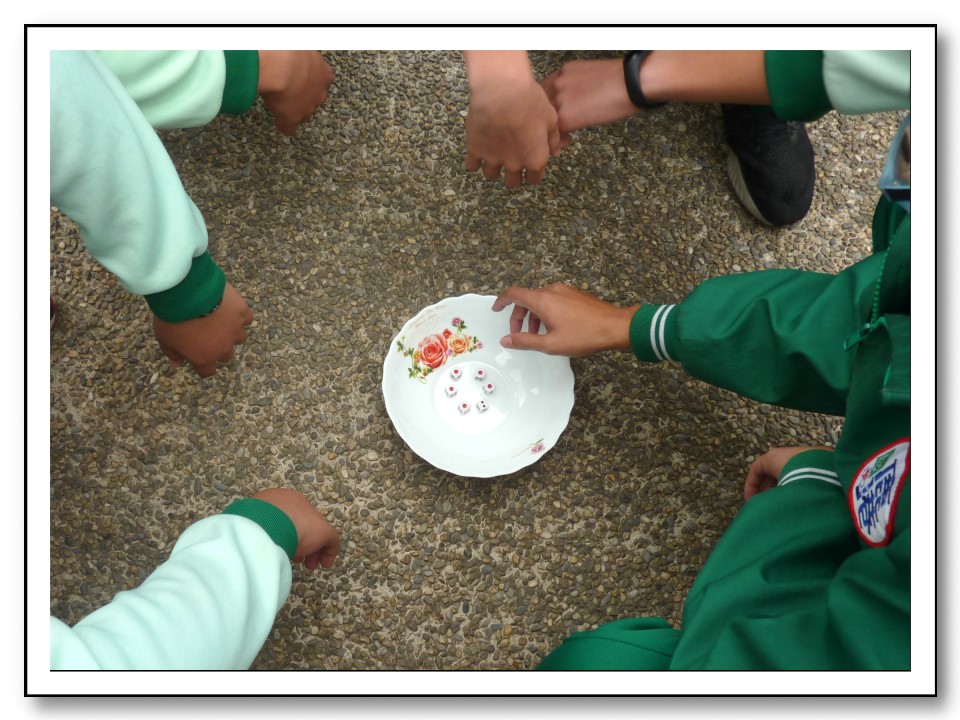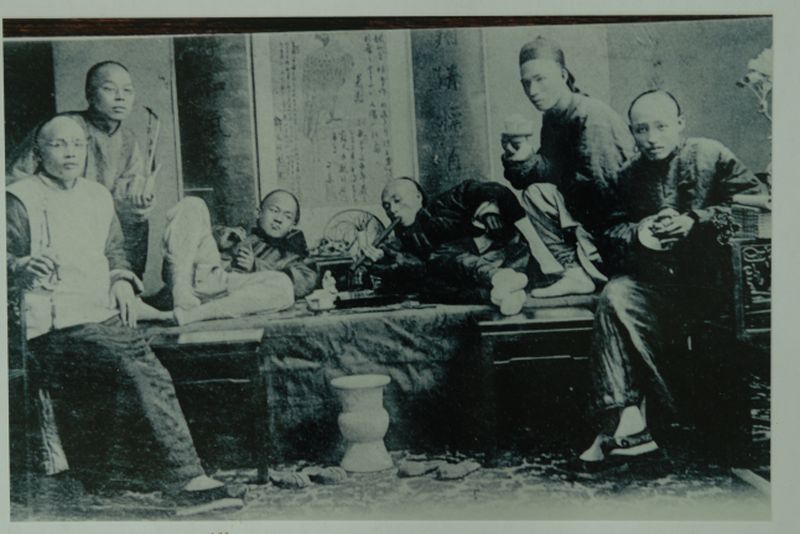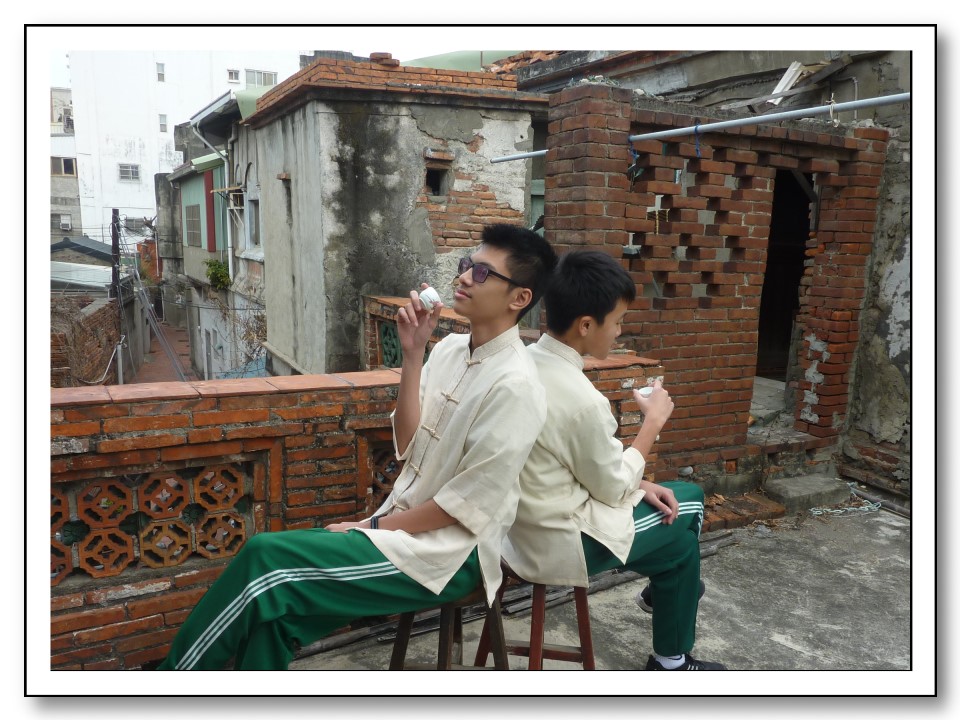|
|
|||||||||||||
|
|
Shi-yi Activities “Shi-yi” of Shi-yi Building means it is the ideal place for “playing instruments, chess, reciting poetry, drinking, painting, flower appreciation, moon gazing, playing games, smoking and tea tasting”. In the past, the literati often met in the building to recite poems, taste the tea and appreciate the moon. In order to reconstruct the scene and allow team members to experience literacy pursuits in Shi-yi Building, we arranged a series of activities and obtained the support from students of club of nankuan music and drawing club of the school to result in more professional activity content. Activities are shown below:
The literati call instrument, chess, calligraphy and painting as “four techniques of gentlemen”. “Instrument” is the tool for the literati to express emotion and cultivate the character. Those who master instruments are calmer. The literati often play instruments, recite poems and thus make friends. It is essential enjoyment in life. For professional result, we invited the students of club of nankuan music in school to perform the music. In the following video, Huang Yi-xiang on the left played “Sanxian” and Huang Ming-chen on the right played “Pipa”. Please enjoy their performance!
We can make friends and enhance intelligence by playing “chess”. “Playing chess at leisure time” is the literati’s enjoyment in life. Manners of chess playing are critical and they reveal the players’ personality. Although chessboard is small, the strategy is changeable. The game of chess resembles the battlefield. The players fight with each other by strategy and intelligence. In the history, many celebrities were benefited by the games. We presented wooden chessboard and Chinese chess to reconstruct the scene of the past.
By “reciting poetry”, the literati in ancient time expressed their affection and aspiration. During Japanese Colonial Period, numerous poetry societies in Taiwan were founded. In the meetings, the literati recited the poems and exchanged with each other. We invited students to recite the poems related to Shi-yi Building. For activity records in detail, please see “poetry of Shi-yi Building” in “literati” item.
The literati’s “drinking” is the release of feelings and emotion. They can be inspired or express themselves by drinking in the meetings or personally. They transform the feelings while drinking into appealing poems. For the literati, alcohol is the indispensable communication medium. Since the students are minor, the following picture is simulation and there is no alcohol in the glass.
“Painting” is the measure for the literati to express feelings or make friends. Paintings of creation, collection or even decoration hung in the houses can show the literati’s preferred style and their aspiration. “Painting in the poems and poems in the paintings” is the ideal state for the literati. For the concern of more professional presentation, we invited students of drawing club in the school to paint outside. The process and work will be presented in turn as shown below. The playing will be stopped by moving the mouse on the picture:
Since ancient time, the literati have enjoyed appreciating “flowers”. In Shi-yi Building, there are certainly the decoration of flowers. At present, we can still see the orchids on the corner of the wall and imagine the poets who met in the building and appreciated the attractive flowers. Plum, orchid, bamboo and chrysanthemum are four gentlemen of flowers. The literati appreciate them, express their aspiration by the flowers or associate flowers with beauties. The following is simulation.
“Moon gazing” means to appreciate the moon. In Shi-yi Building, the view is perfect and it is relaxing with bright moon and wind. The moon is dark, bright or wane, whereas people encounter sorrows, joys, parting and reunions. Under the moon, the literati appreciated the view with friends or felt sorrowful regarding the political situation and personal lives. Besides, the night with moon is the remarkable inspiration for creation.
“Game” means all kinds of games. In Quanzhou, Changzhou and Chaozhou of Qing Dynasty, the custom of “Bo Cake in Mid-Autumn Festival” was popular. It was spread to Taiwan and became folk activity. Nowadays, in Lukang, during Mid-Autumn Festival of every year, the activity “Bo Cake” continues. The game is based on throwing of six dices. According to the combination of results and the titles of different levels of imperial examination, there are 1 “number one scholar”, 2 “second place”, 4 “third place”, 8 “palace graduates”, 16 “graduates” and 32 “scholars”.
“Smoking” refers to opium in the past which is totally forbidden at present. In the years of Daoguang in Qing Dynasty, opium was luxurious goods for the nobles. Subsequently, it became popular in the whole society. Gentry, literati, ordinary people, renowned actors and monks began taking opium. Opium taking was regarded as the manner for the guests at the time. Along south-eastern coast, “among ten houses, there is one opium den”. Some high-rank opium dens became social places and they were mostly founded in central business districts.
(Sources of pictures are the website “Taiwan Digital Archives” Owner: Lai Guan-Yi CC authorization)
“Tea” means to brew up and taste tea. The literati preferred these rituals and it was the indispensable activity of relationship, poem reciting, creation and discussion. They replaced alcohol by tea or taste tea from different places. With the fragrance, they not only tasted tea, but also experienced the process to brew up tea. Everyone enjoyed the activity which also referred to experience of life.
( Videos and pictures are made by the team members. )
|
||||||||||||
|
|
|||||||||||||













